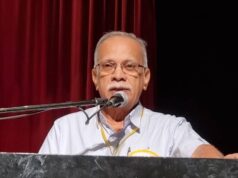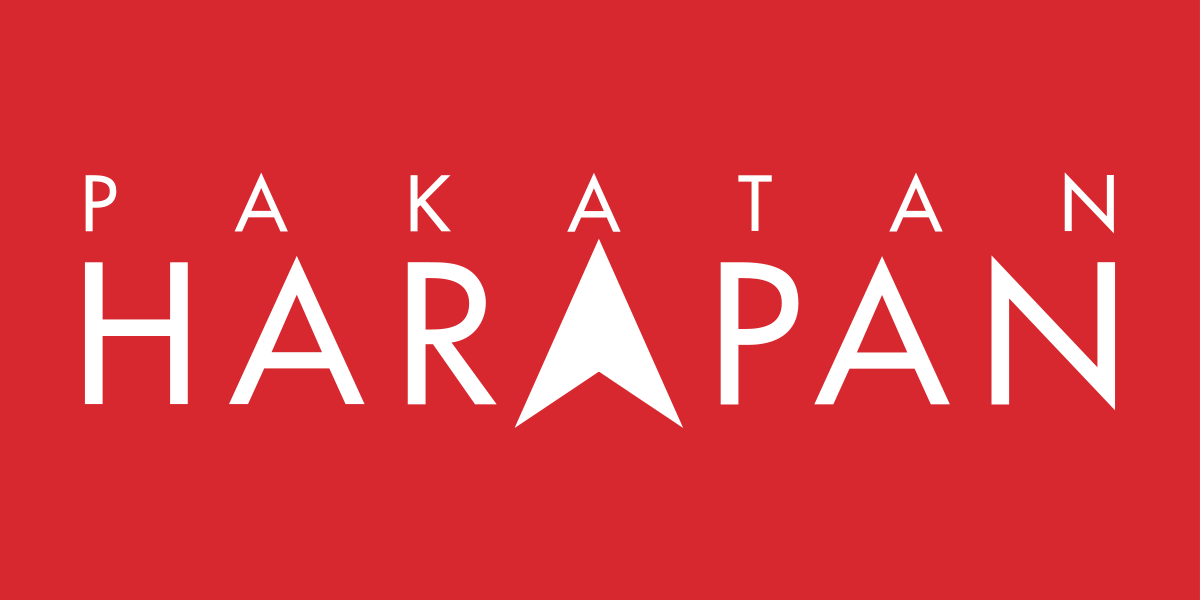

As usual, he has promised the Indians citizenship, scholarship, business entrepreneurship, schools, jobs: the whole works.
This columnist spoke to a friend in Kapar, Klang, and asked him why he supports PKR and not MIC.
He is a dental surgeon and his name is Nedunchelian Vengu. Currently, he is the deputy director for the P109 Kapar Committee for GE13. Below are his reasons why he is for PKR.
These are his exact comments:
1. PKR is pro-rakyat while MIC is pro-master (Umno) so rakyat will not benefit from its (MIC’s) existence.
2. Past record of MIC: corruption, cronyism, money allocated to the Indians was swindled and pocketed into the family coffers by the previous leaders.
3. I don’t subscribe to race-based politics and MIC is race-based.
4. MIC is a directionless party with self-centred leaders.
5. MIC and its master (Umno-BN) forgot the original struggle based on democracy. Rakyat is being treated like slaves under this regime.
6. MIC is a bankrupt party with no navigation, we are just counting its last days.
Going by his above comments which are sound and logical, it is hoped that many Indians will wake up to the fact that although MIC has tried to help the Indians, MIC cannot do much.
This is because MIC is in BN and it always has to tow the line and obey Umno, the big brother.
Rarely do MIC leaders speak out against Umno leaders. It is as if there is an inherent fear of Umno. The same also goes for MCA leaders: all kowtow to Umno.
Therefore with 100% obedience to Umno, the voices of MIC leaders are muffled and muzzled. Only in recent times has MIC strategy director S Vell Paari spoken up but president G Palanivel continues to remain silent.
MIC voiceless
During the pre-Merdeka days, the Indians were vocal in fighting for Independence as they were known for being active trade unionists and also in organising “hartal” (general strike).
But over the years, Indian voices have gradually toned down. Last year, Indians have demonstrated in front of Parliament and in front of the National Registration Office in Putrajaya in regard to citizenship issues.
This issue is problematic as there are still very many Indians without citizenship since Aug 31, 1957.
Compared this to the fact that some recent latecomers (read: foreign workers) have obtained their citizenship for the much shorter duration of their stay in Malaysia and you will know the scale of injustice experienced by the Indians.
Usually after these protests, some Indians will get their citizenship and this news will be splashed in the mainstream papers, but after a short time the situation will be back to square one.
Concerning Indian education, many of those who are poor have dropped out from school and engage in criminal activities due to lack of opportunities.
Many people always say that Malaysia is a land of opportunities and even the less-skilled can obtain a job. This is not so true these days as many unskilled or low-skilled jobs have already been taken up by foreign workers. So where does the Indian school dropout turn to?
That is the reason why if Pakatan becomes the federal government, Indians will have more job opportunities as Pakatan intends to gradually cut down the number of foreign workers.
It is only with Pakatan that Indians have managed to obtain a larger representation in Parliament and this made the BN leaders wake up to take some notice of the issues facing the Indians.
With a stronger voice in Parliament, Indians have managed to obtain modifications to the novel “Interlok”. It is only with a stronger opposition in Parliament that one gets things done.
As MIC has become voiceless, no amount of pressure exerted by the Indians on MIC can amount to anything. It is always back to the status quo.
With Pakatan, Indians can ask for more and get more benefits. Although some Indians claim that they have been sidelined in the recent Pakatan manifesto launched on Feb 25, that is not true at all.
Brave role models
Pakatan’s manifesto outlines plans to help those who are poor and marginalised regardless of race and anyone who is poor will be helped. Thus if the Indian is poor, he or she too will receive aid from the Pakatan government.
Pakatan’s manifesto is not race-based but needs-based. Therefore anyone who needs help will be helped.
Issues and problems facing the Indians are many as these have accummulated since Merdeka days.
No one can solve these problems overnight and it is hoped that Indians who have been so instrumental in helping the opposition in 2008 will soon rise again to pursue the same course of action in the 13th general election.
Everyone must work together to put in a better government so that we can get long-term benefits and not just ad-hoc painkillers which do not solve the problem in the long-run.
Let us follow the examples shown by the brave Indian role models, S Ambiga (Bersih co-chairperson), KS Bawani (second-year law student) and the late private investigator P Balasubramaniam in speaking up for our rights in the face of great odds.
***
(The above commentary appeared in Free Malaysia Today (FMT). It was written by Selena Tay, a DAP member and a FMT columnist.)










